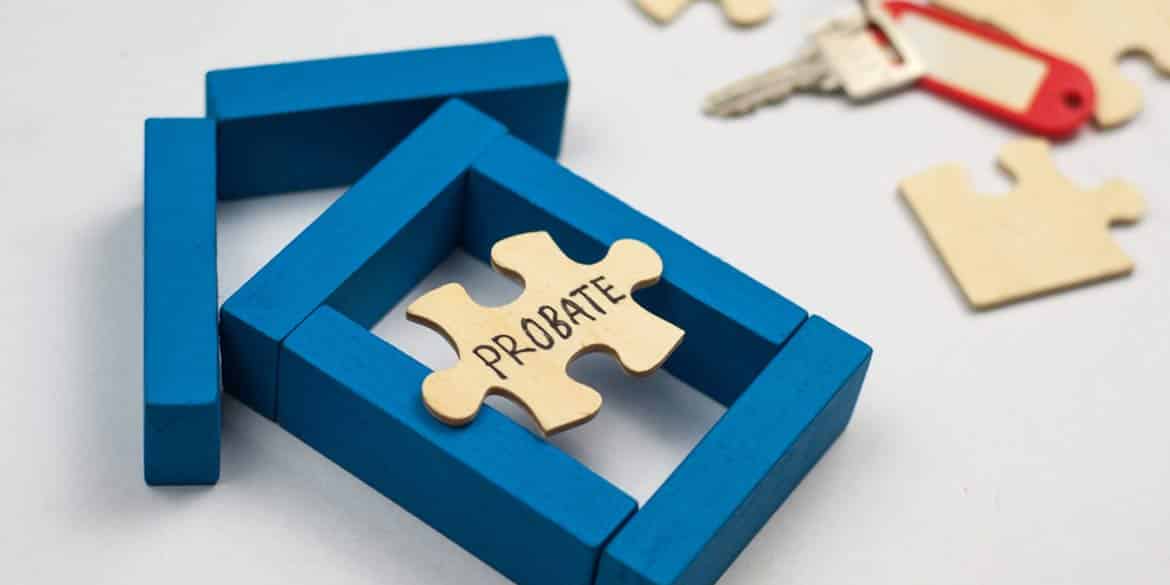
If you have been named the Executor or Administrator of an estate, you need to be given a ‘grant of representation’ – i.e. be granted ‘probate’ – to have the legal right to pass on or sell their assets as directed in the person’s will.
One of the first criteria of being granted probate is to provide an accurate valuation of the estate, which includes the deceased person’s property, belongings and cash, minus any debts.
This will help HMRC work out if Inheritance Tax is due on the estate and, if so, how much. Inherited properties can only be sold once probate has been granted.
The most reliable approach to property valuation is to instruct a Chartered Surveyor to conduct a RICS probate valuation. The value the surveyor will give is defined as its market value, i.e. what it might reasonably fetch if sold on the market to a willing buyer, on the date the owner died (known as ‘the date of transfer’) or the date the property was given as a gift if that happened within the last seven years.
A probate valuation is required when property (houses, buildings or land) is owned by the deceased and the property assets don’t pass directly on to heirs or beneficiaries. A probate valuation is particularly advisable if:
It’s important to secure an accurate valuation of an estate. Underestimate the value and you risk having to pay out more Inheritance Tax than you expected when the estate is sold, but if you overestimate, you may have to spend significant time trying to reclaim your Inheritance Tax over payment.
HMRC has the right to challenge and investigate a valuation through its District Valuer Service (DVS), which can slow down probate being granted and if it does challenge a valuation, particularly one not supported by a professional surveyor, you could face hefty fines for having been ‘negligent’ in how you obtained the valuation.
By instructing a RICS registered Chartered Surveyor to provide a probate valuation you have the peace of mind of knowing that they follow industry best practice guidelines on how to reach valuation figures and are bound by the codes of conduct of their professional body. This ensues you’re more likely to get an accurate valuation figure that will be accepted by HMRC.
We have an experienced team of RICS registered valuers who can provide probate valuations to determine the value of inherited property. View our chartered surveyor probate valuation service here or contact us to discuss your individual needs.
If you found this article helpful and would like to receive more posts like this directly to your inbox, subscribe to receive our promotions email and quarterly newsletter or follow us on Twitter @KemptonCarr and like us on Facebook to see them first.